What is Food Flexibility?
- June 24, 2021
- Last Updated: November 17, 2023
- 6 Comments
- Intuitive Eating
Food flexibility can be a life-changing part of intuitive eating and enhancing your relationship with food. Having a flexible eating lifestyle can really upgrade your whole life!
The idea of food flexibility comes up often in client sessions.
It can be a very hard transition to go from the idea of following a strict, rigid meal plan to just having complete freedom with eating.
And I don’t necessarily recommend going from one extreme to another.
Grab Our Meal Prep Ebook to Finally Conquer Meal Prep in the Kitchen
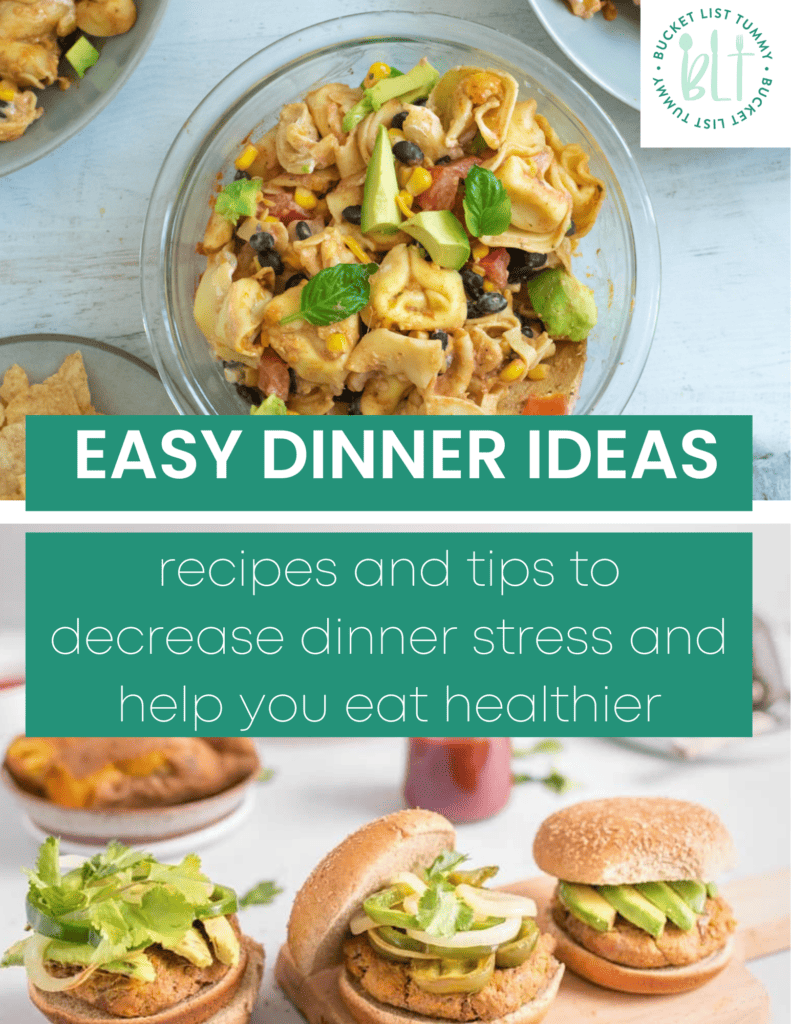
There are many vital pieces in the middle, which are an important part of the process, especially if you’re looking to start intuitive eating.
Experience plays a significant role in learning how to establish food flexibility, too.
Food flexibility is going to look a little different for everyone.
In my opinion, it can also be a buzzword that you hear people throwing around without explaining it.

In This Article
With intuitive eating, you see a lot of diet culture memes, and hear a lot about how to “give yourself permission,” and “honor your hunger.”
You also see people promoting foods from sandwiches to ice cream, and showing you how “all foods fit,” but never really explaining how to get there.
You may see hear people asking, Why am I craving carbs and sugar, and never understanding the truth behind our bodies.
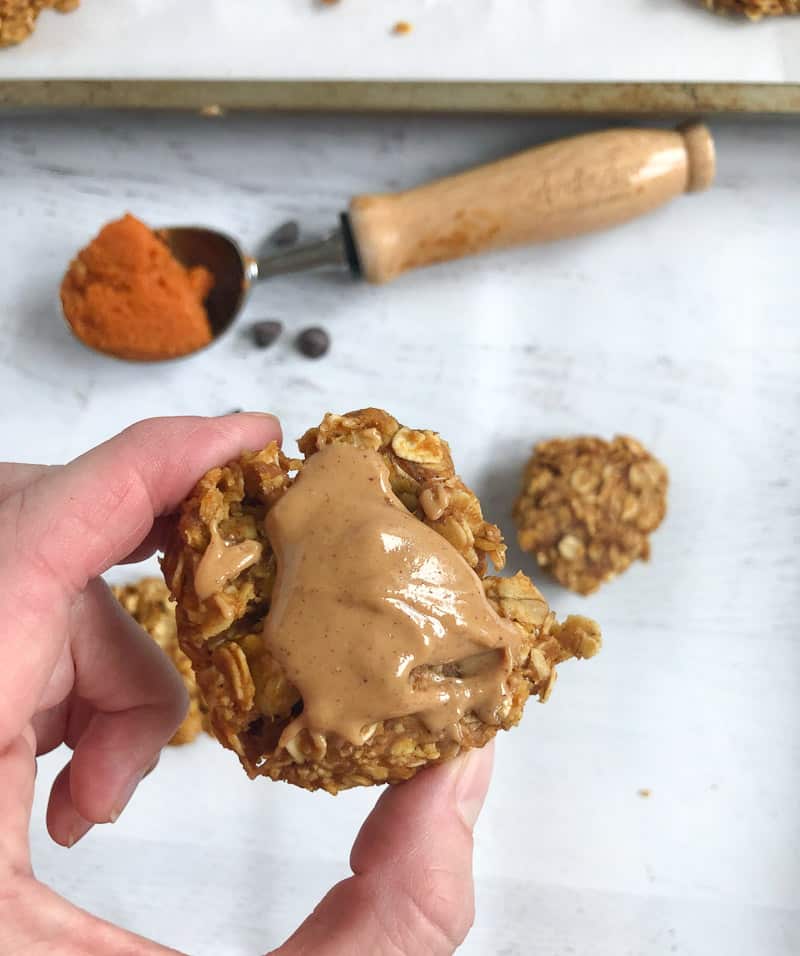
How Has Diet Culture Affected You?
Practicing Intuitive eating for beginners and getting to where you can acknowledge and accept that all foods are neutral (not good nor bad) takes time.
There’s a mental shift that needs to happen to understand what normal eating really looks like.
You have to acknowledge what diet culture has done to you, physically, psychologically, and emotionally.
- What have you missed out on from it?
- What foods have you not allowed yourself to eat for a long period of time?
- What foods are you eating that you don’t actually like?
- What foods do you associate with “dieting” and restricting?
Why Restriction Doesn’t Work
Firstly, check out some of the signs you’re undereating.
Secondly, you must understand the biological nature of our bodies – to get food.
We are not meant to restrict or avoid foods we enjoy – thinking this is a sign of an unhealthy relationship with food.

Any form of restriction (whether physical, psychological or emotional) increases the likelihood of a binge and disrupts trust with your body.
Cheat meals don’t help at all, either.
They just promote this idea of “bad” foods and a hyperfocus on them, and then going back to being “good” after eating them.
It’s not natural to try to manipulate our weight below the set point weight that our bodies naturally want to be at.

Challenge The Food Police and Your Food Rules
You have to become conscious of your food rules, and really dig into why they are your “food rules.”
First and foremost, Reject the diet mentality.
Some very important parts of the intuitive eating process are to make peace with food and challenge the food police.
To do these, ask yourself these questions:
- How did the food rules start?
- What power do they hold over you?
- When was the last time you went against one?
- How did that feel?
Acknowledge that fad diets don’t work.

Then, you have to give yourself permission to “break” and challenge those food rules.
To color outside the lines and learn to become an intuitive eater.
Imagine a life where health isn’t black and white and foods aren’t “good” or “bad.”
A life where you could order a salad if you TRULY want a salad, but also feel competent and emotionally okay ordering a burger if you want a burger.

You don’t compare your food to your friends, and you don’t eat less on days you don’t exercise.
The body will outsmart compensation eventually.
Imagine life without exercising to burn calories – see what we recommend for how to stop compulsive exercise.
How To Practice Food Flexibility
Food flexibility encompasses ALL of these things.
When you have a flexible relationship with food, it’s okay to eat more or less on some days because your body eventually gets the balance it seeks.
Your body does A-ok if you go through the day without any vegetables at all.
Similarly, it survives if you ate a little too much dessert last night.
Our bodies are SO capable of handling these situations because it’s life and it’s not meant to be perfect.

Your body is very resilient!
Another example – You can go out to eat without looking at the menu ahead of time.
You have trust in yourself that you can find something on the menu that you genuinely enjoy, and you’re also excited to bond with friends socially over food.
It takes a mental shift to understand that food can be part of the enjoyment.
A flexible mindset about food allows you to eat food as just “food,” not as an extreme focus on “proteins,” “carbohydrates” and “fats.”
Because friends, when you really tune in to what your body is saying, you will gravitate towards a variety of foods.

The biggest question I hear from those seeking food flexibility is the fear that they will just crave “treats” all the time.
This fear is warranted.
Again, it can be scary to give yourself full permission if you haven’t done that before. And it’s completely normal and natural to eat more of these foods at first.
Think about it as the body’s way of re-acquainting itself with these foods.
- Remembering what they taste like.
- Savoring the flavor.
- Your body wants more because it’s been deprived for so long.
Chances are, you’re not going to overeat kale because you haven’t restricted kale.
Your body is okay with that food.

Once your body habituates to fear foods through food habituation, they become just like any other food.
In other words, the more we are exposed to a food, the less enticing and exciting it becomes.
You realize you can have them when you want them, but you probably don’t want to be eating them every day.
Think about it – if you aren’t allowing yourself to have that fear food, you’re going to keep thinking about it and craving it.

When you embrace a flexible relationship with food, the minute details don’t matter. The overall big picture does.
It works itself out and you don’t have to spend your time worrying about it.
Being flexible with food is going to have an impact on your overall health and stress levels.
Think about it, if you’re not stressing about food, there is so much more brainpower to spend elsewhere!
A hyper-focus on health, or foods, is not good for our health or well-being.
I will add that it’s also difficult to focus on your body messages if you are constantly feeling stressed out.
More Intuitive Eating Posts
- How to meal plan while eating intuitively
- How to respond to diet talk over the holidays
- The intuitive eating hunger scale
- Affirmations for body image
Do you have any habituation experiences to share?
Explore More Recipes
Intuitive EatingSupport Bucket List Tummy

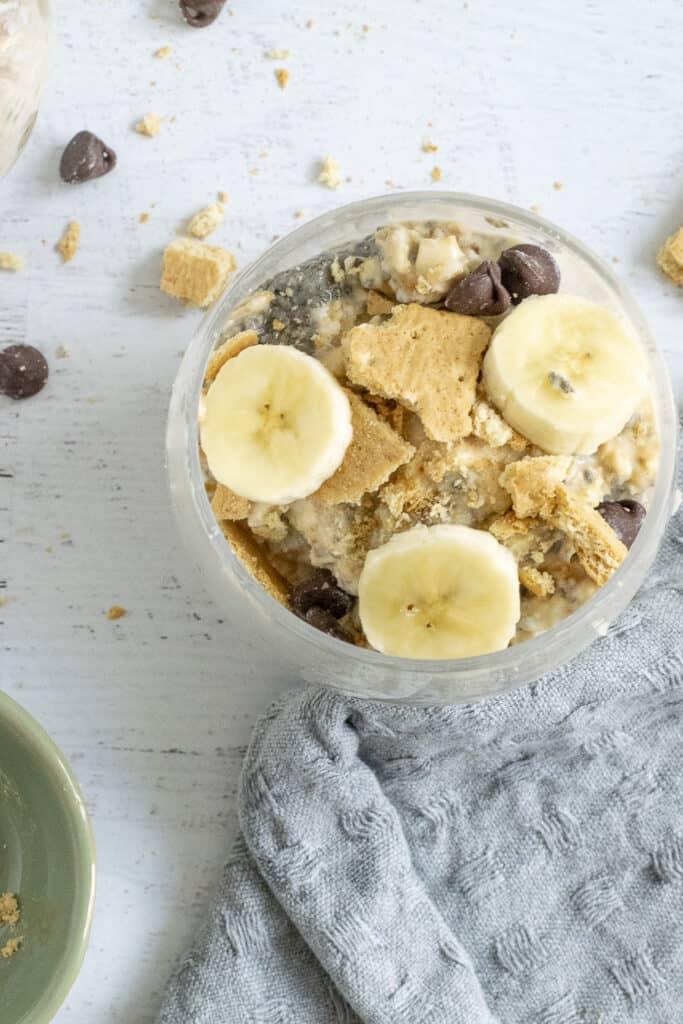


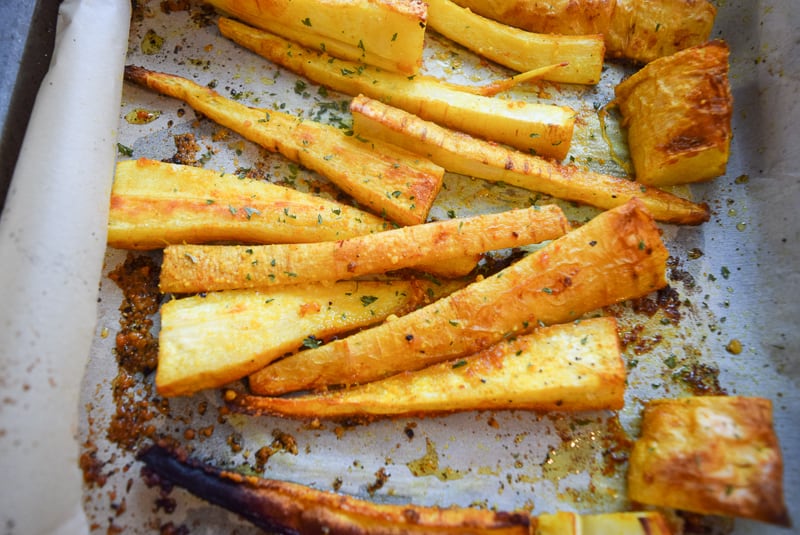
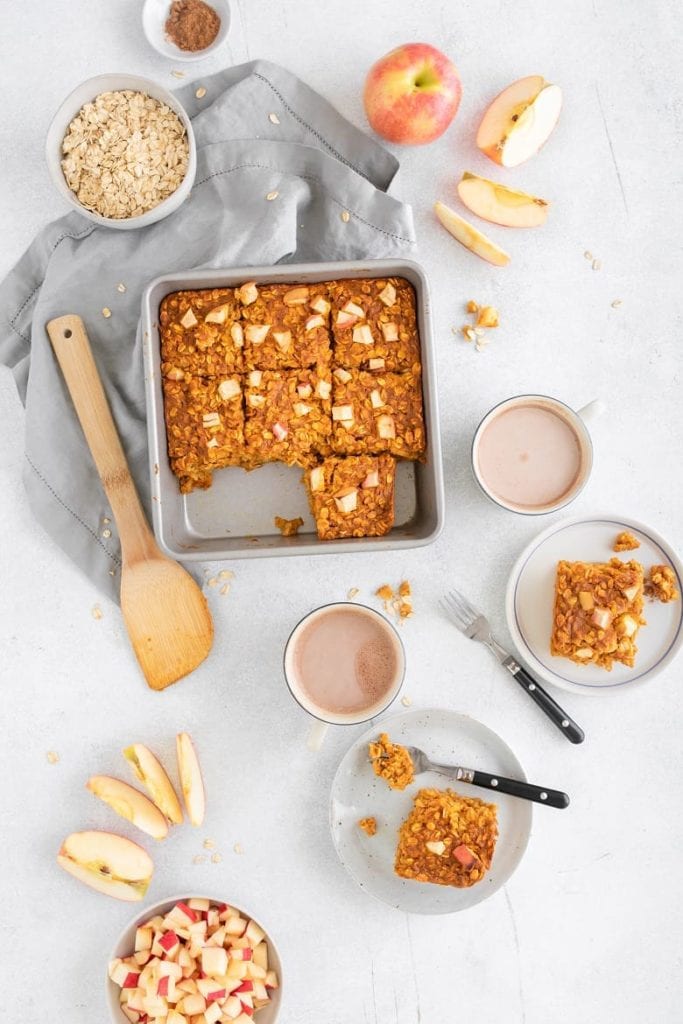

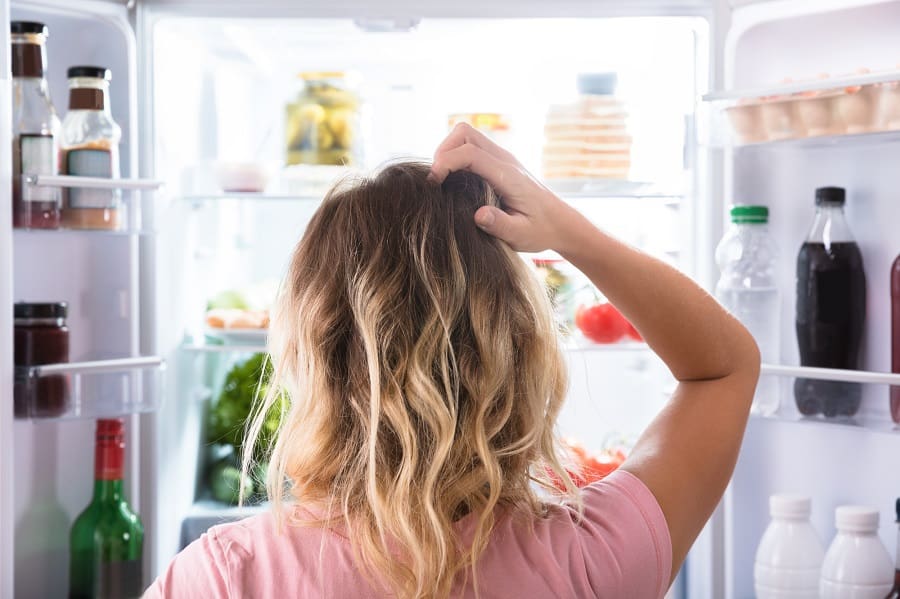
Like This Content?
Support Bucket List TummyIt’s SOOO true that you have to make those ‘off limits’ foods FREE, YUMMY foods that don’t have the guilt associated with them; it’s important that those foods become normal. I would love to come to a point too of going out to eat and that being totally normal and easy to do; that’s a goal for this year!
Great post and helping people to overcome fear of enjoying food is so important for our work as dietitians!
I agree, Mandy. Thanks for reading 🙂
It’s crazy how after I started reading all of your posts, I tend to have desserts around way more. I have a little something most nights and don’t feel like I need to eat it all at once. Love it!!
Although as a picky eater, I’ll probably always have to look at a menu before going out to eat. At least it’s just to make sure there’s something I’ll enjoy and not because I’m obsessing over food right?!
Love hearing that, Maureen! And I think intention totally matters – if you’re going into the experience just looking ahead of time to make sure they have foods you like, that sounds like a different mindset.